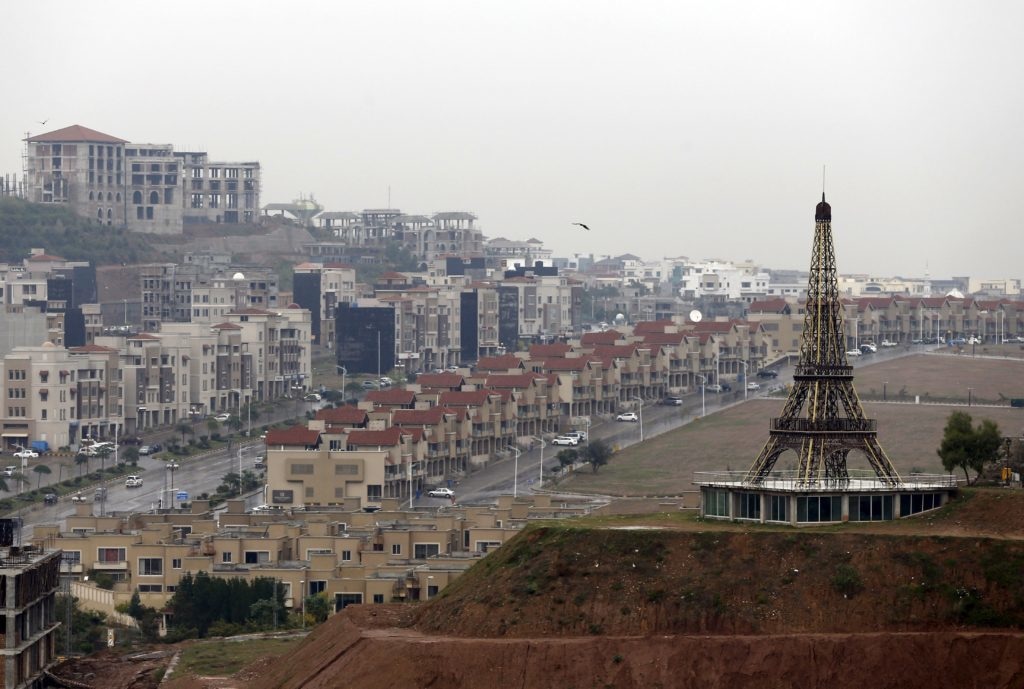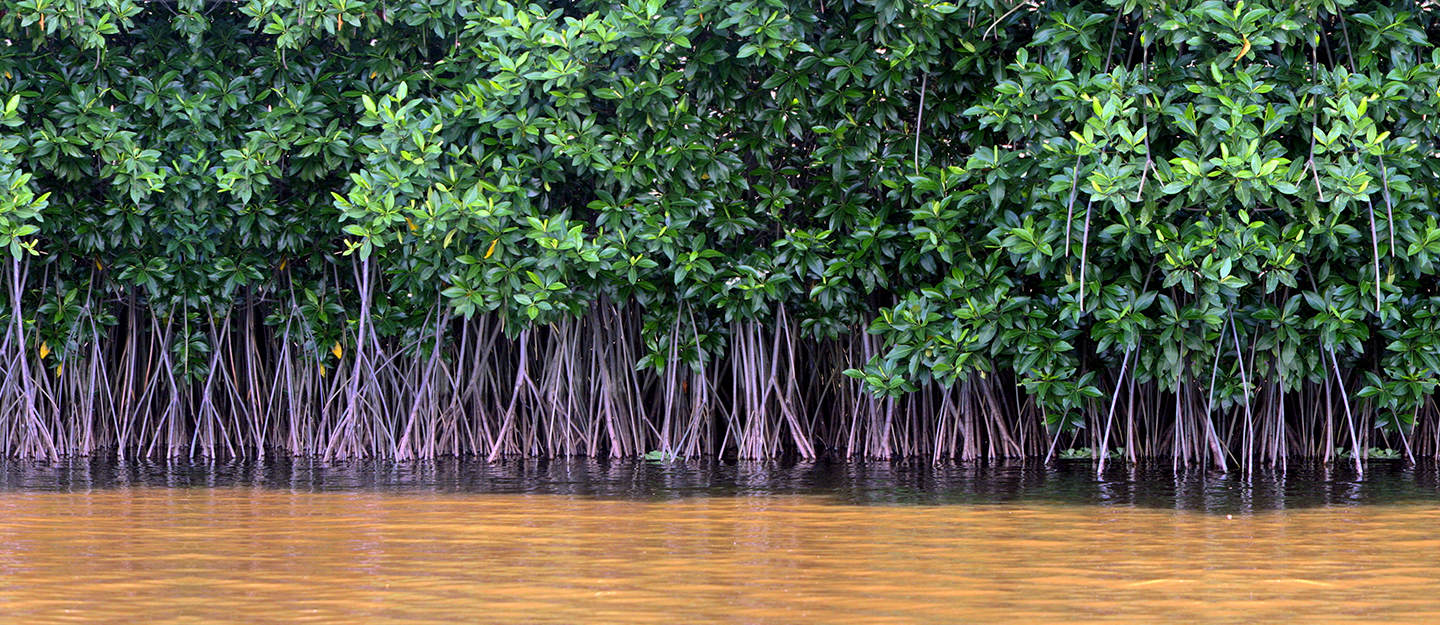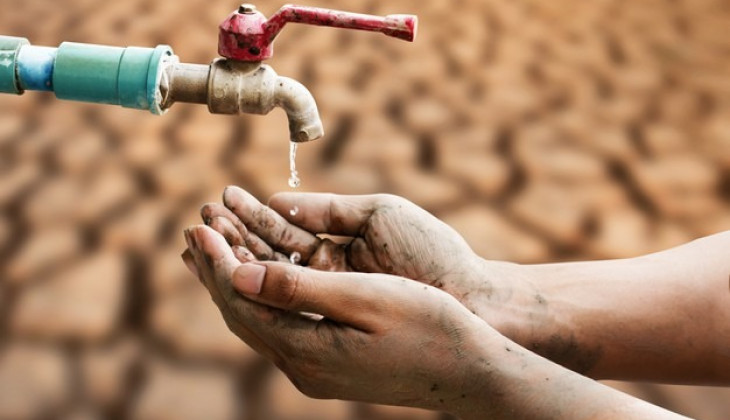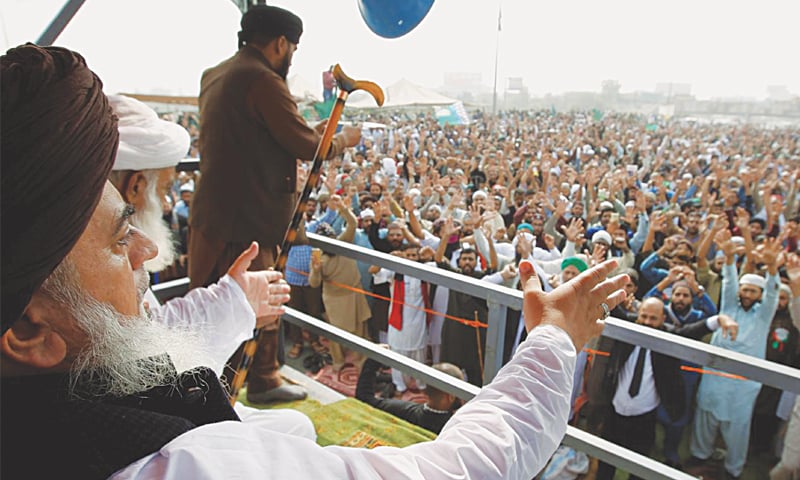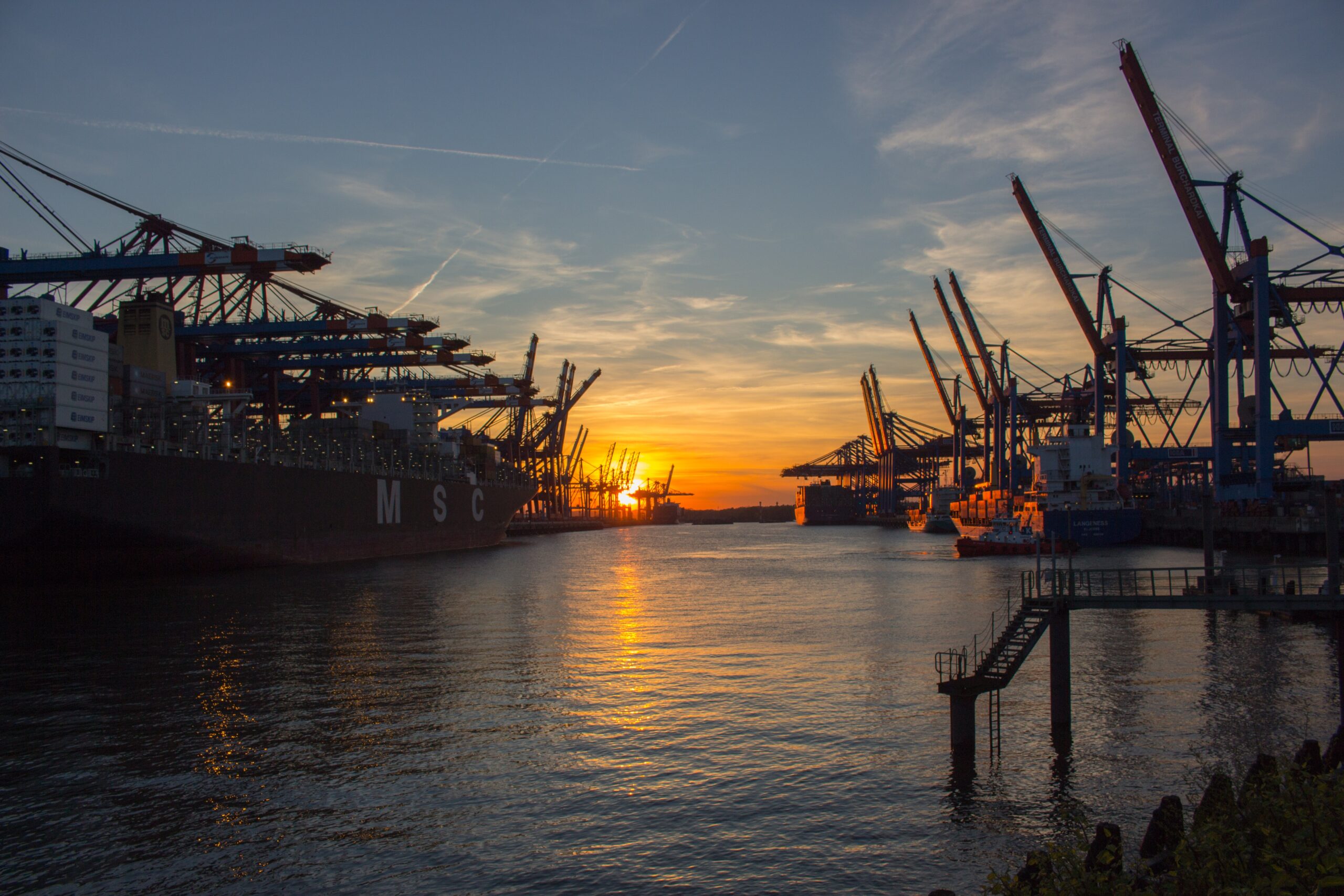
To increase exports, Pakistan must restructure its economic policies to benefit the many, not the few
Pakistan’s export growth is meagre when compared to peer-economies in the region. The main reason for this is the country’s political economy, which incentivizes real estate development over agriculture and other productive sectors. To increase exports, Pakistan needs to restructure its domestic political economy and reallocate resources from non-productive to productive sectors. This can be done by progressive taxation on unproductive sectors, agrarian reforms, and urban land reforms.





